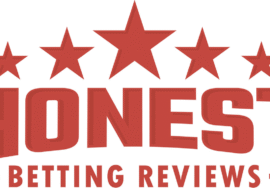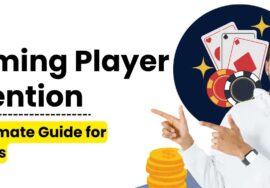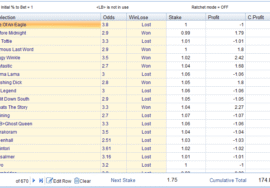
The Hidden Cost of Overconfidence in Sports Betting and How to Fix It
Confidence drives success in sports betting, but only to a point. The line between strategic conviction and reckless overconfidence is thinner than most realize. Crossing it quietly erodes long-term profitability, yet few bettors take the time to diagnose why their results never get better or just declines.
After analyzing thousands of bets and mentoring aspiring analysts, I’ve identified three patterns that separate consistent performers from those trapped in cycles of frustration:
Emotionless analysis always outperforms gut feeling
Betting on your favorite team because they’re “due for a win” or chasing a narrative like “revenge games” is emotional gambling, not strategic investing. Replace bias with tangible metrics: How do key injuries impact a team’s pace of play? What’s a coach’s historical performance in must-win scenarios? Track variables like defensive matchups in the red zone or a quarterback’s efficiency under pressure. Data doesn’t lie, but your instincts might.
Bankroll management is nonnegotiable
A 60% win rate means little if bet sizing is inconsistent. Variance will test every strategy, and allocating 1-3% of your total bankroll per bet ensures you survive losing streaks. Example: A $1,000 bankroll with 2% per bet allows 50 consecutive losses before busting. Discipline here separates hobbyists from professionals.
The public isn’t your competition; the market is
Chasing popular picks or inflated lines because “everyone’s doing it” ignores where real value lies. Sharps (professional bettors) move lines for a reason. Study opening vs. closing odds: If a line shifts from -3 to -5 despite 80% of public bets on the favorite, someone with influence sees something others don’t. Focus on why, not what.
The solution starts with auditing your last 50 bets
Categorize losses: How many stemmed from hunches versus quantifiable edges? Did you overvalue a team’s “momentum” or overlook a critical injury? Refine your process, not your predictions.
For example, one client realized 70% of his MLB losses came from betting overs in games with elite starting pitchers. By filtering out matchups with pitchers ranking in the top 10 for strikeouts, he reduced emotional bets and improved his ROI by 18% in six weeks.
Sports betting isn’t a lottery for those who treat it as a skill. It’s about identifying mispriced risks, managing capital, and eliminating decisions clouded by ego or impulse.
NB: If you’re ready to move beyond guesswork, let’s connect. Share one lesson your past losses have taught you in the comments. I’ll provide actionable feedback to help you refine your approach.







